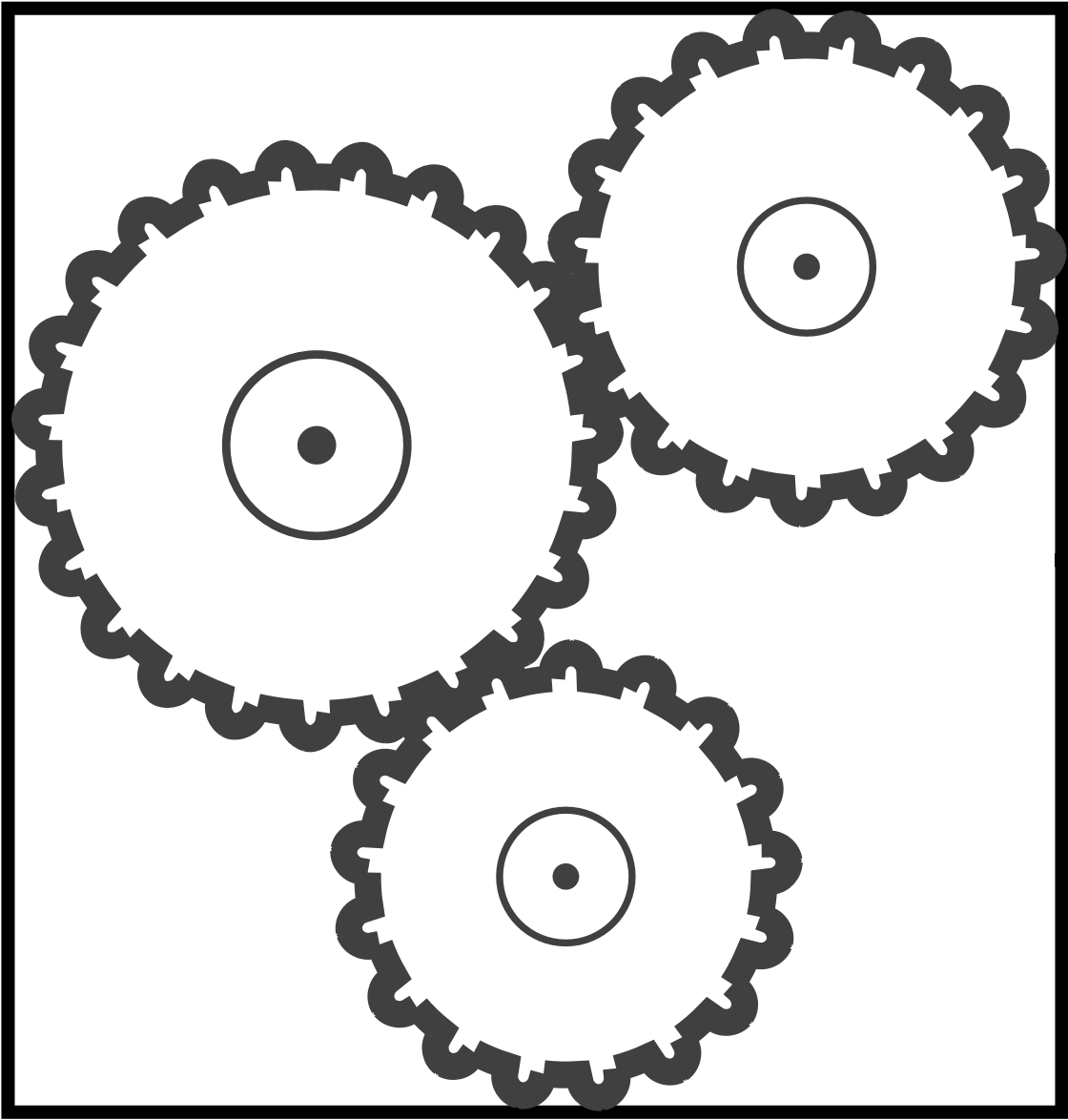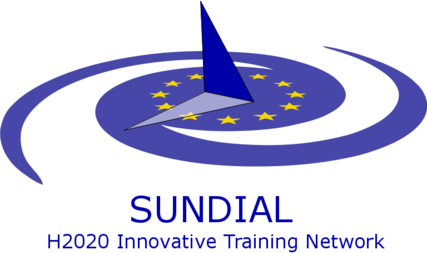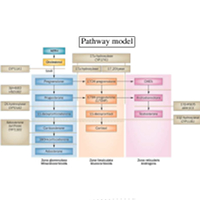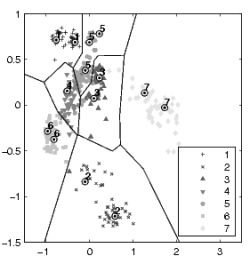Research
SMART-AGENTS
The demand for mobile agents in industrial environments to perform various tasks is growing tremendously in recent years. However, changing environments, security considerations and robustness against failure are major persistent challenges autonomous agents have to face when operating alongside other mobile agents. Currently, such problems remain largely unsolved. Collaborative multi-platform Cyber-Physical-Systems (CPSs) in which different agents flexibly contribute with their relative equipment and capabilities forming a symbiotic network solving multiple objectives simultaneously are highly desirable. Our proposed SMART-AGENTS platform will enable flexibility and modularity providing multi-objective solutions, demonstrated in two industrial domains: logistics (cycle-counting in warehouses) and agriculture (pest and disease identification in greenhouses).
Mechanistic machine learning
Experts desire to know how their data can inform them about the natural processes being measured. Computer scientists unite the predictive power of machine learning and the explanatory power of modelling, to develop transparent and interpretable techniques. The power of the novel hybrid methods will be demonstrated for applications in medicine and engineering.
Sundial
I was part of the Innovative Training Network SUNDIAL, which combines training in computer science and astrophysics.
Marie Słodowska-Curie project LeSoDyMAS
Our Marie Curie project is a joint project between the School of Computer Science and the Centre for Endocrinology, Diabetes and Metabolism at the University of Birmingham. Further combining the expertise of an industrial partner, the University of Sheffield and Warwick.
Dimension Reduction
A wealth of dimension-reduction techniques for data visualization and preprocessing has been established. Nonparametric methods require additional effort for out-of-sample extensions, because they provide only a mapping of a given finite set of points. We proposed a general view on nonparametric dimension reduction based on the concept of cost functions and properties of the data. Based on this general principle, we transfer nonparametric dimension reduction to explicit mappings of the data manifold such that direct out-of-sample extensions become possible. Furthermore, this concept offers the possibility of investigating the generalization ability of data visualization to new data points. Furthermore, we developed supervised and efficient techniques that incorporate visualization in transparent classification techniques.




